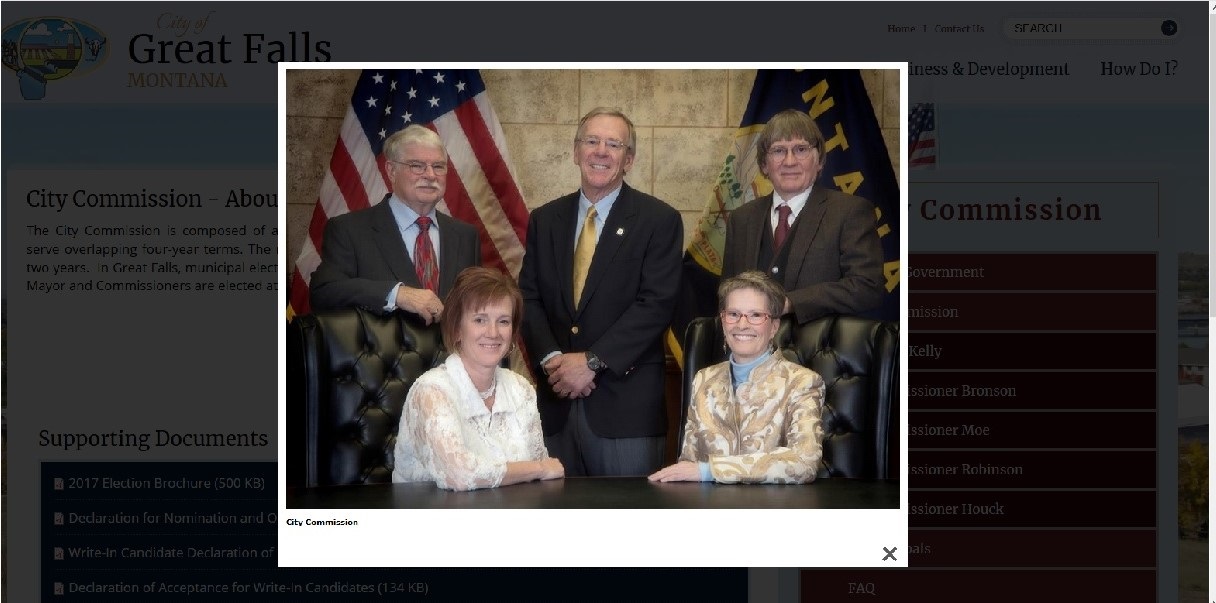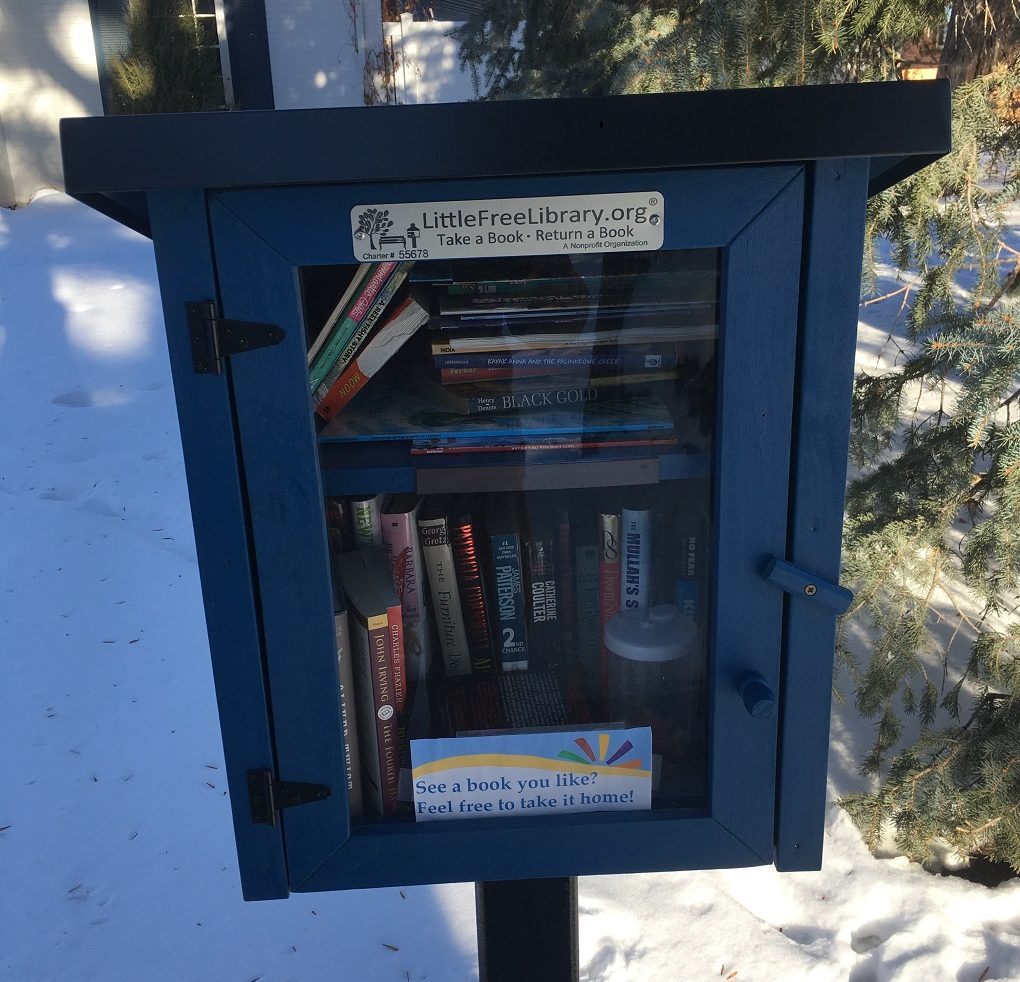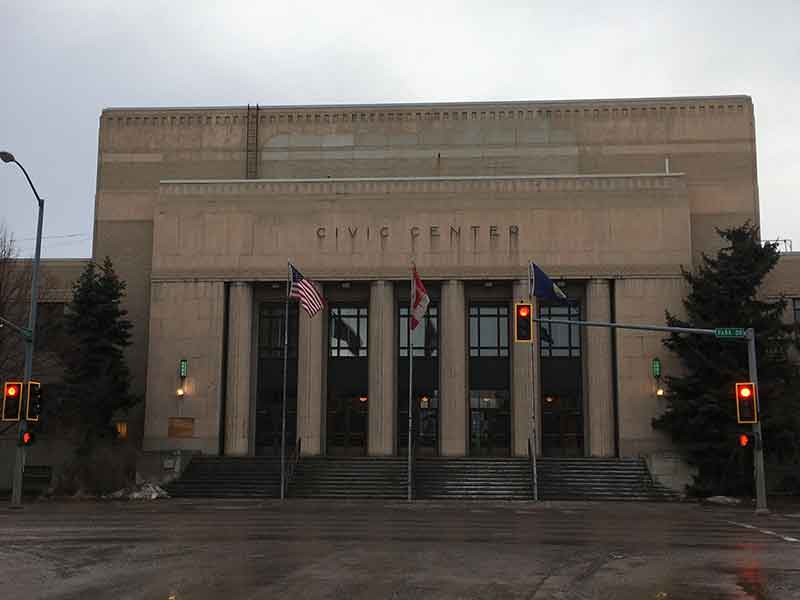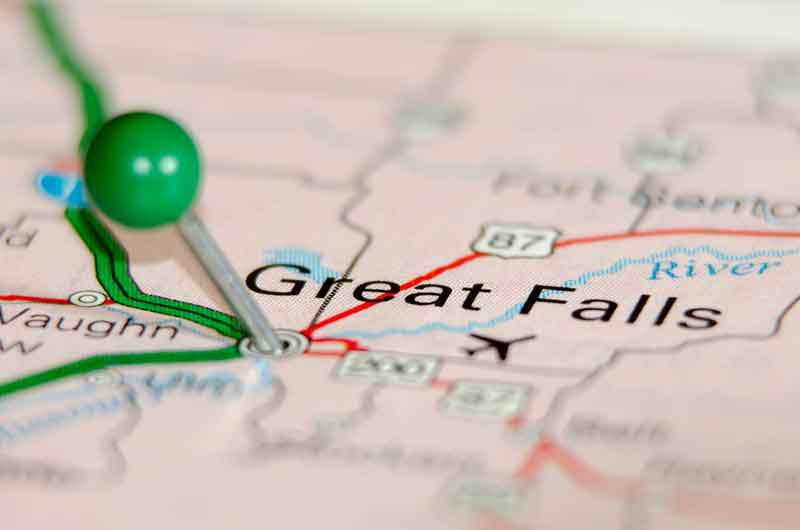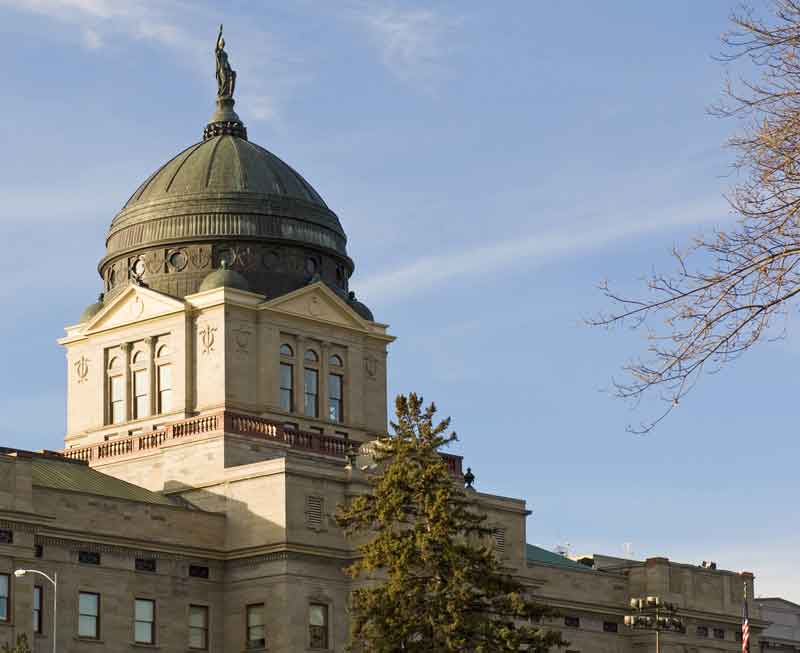Have you noticed that when it comes to Community Block Grant funding and voting, the Great Falls City Commission abounds with apparent conflicts of interest, or with situations with the appearance of conflicts?
We’ve already seen an article in E-City Beat about Commissioner Houck and the appearance of a huge conflict of interest involving Paris Gibson Square, the entity from which Houck draws a paycheck. There are other disturbing real or apparent conflicts involving other City Commissioners.
Let’s start with Commissioner Bill Bronson.
Last year at the January 19, 2016 City Commission meeting, Bronson affirmatively voted to hand NeighborWorks Great Falls (NWGF) management of the city’s CDBG rehab revolving loan program (worth over $2 million in funds already loaned) under a contract which was to pay NWGF $50,000 a year. Commissioner Bronson has an immediate family member who works in a significant position at NWGF. Perhaps sensing that this would become an issue, Bronson pre-empted his critics and declared at the meeting that he would not recuse himself:
Commissioner Bronson noted that his wife is an employee at NeighborWorks. He explained that his wife is not involved with this particular program. She operates a totally separate and independently financed program. After consulting with City Attorney Sara Sexe and concluding that there is not a conflict of interest he will be participating in this matter.
Then-Deputy City Manager Jennifer Reichelt led the staff presentation explaining that, as reported in the minutes, “NeighborWorks was identified as an ideal partner, and staff began discussions regarding the future of the program.” (Reichelt also sat on the NWGF Board at the time.)
A number of citizens objected to NWGF taking over the fund, including Terry Thompson, CEO of the Great Falls Association of Realtors:
Ms. Thompson urged the Commission to table this matter until such time as sufficient research has been completed by City staff to identify other non-profits, such as a local credit union, if interested and/or capable of being certified by HUD, to administer this program.
The Commission, including Bronson, did not want to consider other organizations, and voted to hand over the keys to NWGF.
Bronson’s participation on the matter does not seem to jive with HUD rules (Conflicts of Interest CDBG and HOME Programs):
- Generally, the regulations at 24 C.F.R. Part 84 and 85 prohibit an employee, officer or agent of the grantee/subgrantee or recipient/subrecipient from participating in the selection, or in the award or administration of a contract supported by Federal funds if a conflict of interest, real or apparent, would be involved.
- Such a conflict would arise when:
- (i) The employee, officer or agent,
- (ii) Any member of his immediate family,
- (iii) His or her partner, or
- (iv) An organization which employs, or is about to employ, any of the above, has a financial or other interest in the firm selected for an award….
And I note:
- There are no exceptions for real or apparent procurement conflicts of interest.
So, a few questions here…
Does Commissioner Bronson have a member of his immediate family employed by NeighborWorks? Yes! Does that mean that Bronson’s family member, by receiving a paycheck, has both a financial and other interest in the firm selected for an award? Moreover, even if Bronson can legally justify his participation, does that make it right for him to do so? Or, put another way, does Bronson’s “just trust me” attitude strengthen or weaken the public’s trust in him, and in the City Commission?
Bronson pontificated that his involvement did not constitute a conflict of interest because the member of his family employed at NWGF worked in a different department than the one actually receiving the funds. While HUD rules do not seem to define separate departments of a firm as reasons to exempt one from a conflict of interest, again, is Bronson’s entrenched defiance the kind of conduct we want in our elected officials? At a minimum, this looks bad. Why not step aside?
More recently, at the March 21, 2017 meeting of the City Commission, commissioners voted to accept CDBG allocations on Timeliness Projects. NWGF and Habitat for Humanity combined on a project and received $116,000 for purchasing lots. Unsurprisingly, Commissioner Bronson participated here, too, and again voted to give money to NeighborWorks Great Falls.
Then, at the April 18, 2017 City Commission meeting, the commission voted to accept the proposed CDBG funding allocations for 2017-18 and to set a public hearing for May 16. Bronson voted affirmatively to authorize $40,000 to the City’s revolving block grand loan fund. In other words, the vote authorizes the City to receive the money, but that money, again, ultimately flows to NWGF, who now administers this fund.
On top of all this, Commissioner Bronson may be poised not only to vote on June 6 on CDBG funds to the City (and by extension, to NWGF), but also to weigh in and vote on CDBG funds to Public Facilities, of which Paris Gibson Square is now a recipient — and an entity which employs another immediate family member of Bronson’s. (The public hearing on this matter is Tuesday, May 16.)
Commissioner Bronson’s family members are good, upstanding, hard working community members. This is not about them in any way, shape or form. This is about Commissioner Bronson refusing to recuse himself from voting when there appears to be, as HUD states, either real or apparent conflicts of interest. In Bronson’s case, this includes both NWGF and Paris Gibson Square.
Frustratingly, the murkiness on CDBG funding extends beyond both Commissioners Bronson and Houck. At the same March 21, 2017 city commission meeting, both Mayor Bob Kelly and Commissioner Bronson abstained from voting on CDBG Timeliness funds to the Great Falls Development Authority (GFDA), since both were, at the time, members of the GFDA Board.
However, at the April 18 meeting of the commission, we see two members of the City Commission in virtually identical situations doing two very different things: Mayor Kelly voting and Commissioner Bronson abstaining from a vote to give the GFDA an additional $40,000 in CDBG allocations for economic development. The mayor stated he had resigned from that board, and that he would now participate and vote on the matter. “I feel free and clear of that obligation as a matter of fact,” he said. Still a conflict? At one meeting he recuses himself and at the next he votes. Why does Bronson (of all people) feel compelled to sit this one out, yet Kelly doesn’t?
Look at how much has changed since July 21, 2015: recall Kelly’s comment on the controversial Thaniel Addition, where he had just resigned as a member of the board of NWGF and when a potential conflict of interest loomed large in the public eye (and just as he was running for the position of Mayor):
‘I have every legal right to vote…but I’m going to choose to abstain. It wouldn’t be appropriate to resign on one issue so I could come back and vote again…Sometimes there’s things that are legal, sometimes there’s things that are right.’
‘I have every legal right to vote…but I’m going to choose to abstain. It wouldn’t be appropriate to resign on one issue so I could come back and vote again…Sometimes there’s things that are legal, sometimes there’s things that are right.’
As much as I appreciated Kelly’s sentiments at the time — it really seemed like he “got it” — I can’t help but wonder: What was different about this situation? On Thaniel, Kelly didn’t think it was appropriate to resign on the issue so he could come back and vote, but he does here? What’s the difference?
And finally, have you noticed that Mayor Kelly and Commissioner Bronson at times appear to pass the voting baton back and forth? When one abstains or is recused from voting, the other votes, even though the apparent conflict of interest (or lack thereof, to be fair) is exactly the same for both. This happened in 2016 with the NWGF contract for rehab loans, and it happened at the April 18, 2017 commission meeting with GFDA on the docket for CDBG funds.
Such behavior gives the appearance that when votes are needed to pass an item before the commission, commissioners agree ahead of time on who will abstain and who will vote. While this is probably not the case, it’s the appearance of such that incurs public distrust – and that is exactly the reason for HUD rules regarding “a real or apparent” conflict of interest on CDBG funding. Public trust.
There is a relatively simple fix to all of this, however: participating members, both on the Community Development Council (CDC) and the City Commission should be required to submit conflict of interest forms. People who represent organizations applying for CDBG funding should not be permitted to serve on the CDC. And City Commissioners who serve on advisory boards whose organizations do businesses with the city commission should, once they are elected, resign from those boards. Working as a city commissioner is a tough job, and I applaud all those who step up to do it, but once they are elected, it’s time to drop the other stuff and focus on us, we the people.
The citizens of this great city deserve that much.

